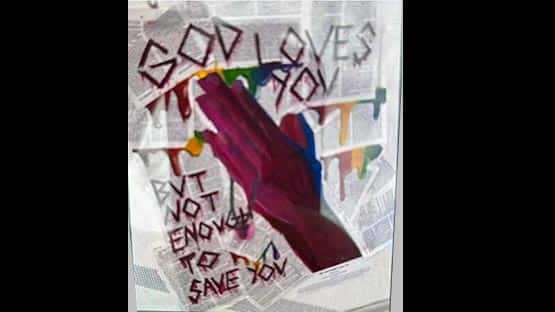Column by David Cox
“Support our troops!”
If we learned anything from Vietnam, it’s that, regardless of what one thinks of a war, one can, should, and must support the men and women who fight it. And, let me add, their families.
Those men and women, and their families, are going to need a lot more support than most of us realize.
In the last week or two, new studies have revealed the effects of war far beyond the obvious wounds that many of them bear. These are the hidden wounds: post-traumatic stress disorder, depression, alcoholism and other mental health issues.
And it’s bad. One study claims that 20 percent of active-duty troops suffer from one or more of these. With National Guard troops, the figure is twice as high: 42 percent. Another study puts forth figures that are different — 27.1 percent for active-duty and 35.5 percent for reservists — but no less alarming.
Plus, the figures tend to increase the longer the soldier is at home. For a variety of reasons, these wounds emerge during the return to “normalcy.” Thus, often, early screenings can’t pick up the problems. No diagnosis means no treatment.
If that is not sobering enough, consider the effects on families — effects that, to my knowledge, have not been quantified in studies, but are not hard to imagine. Take one soldier, a medic who served in Iraq. He told the Washington Post that driving under overpasses or hearing fireworks or even a child’s cry can trigger flashbacks that, in turn, stress the family. After their son was born, the vet would suffer nightmares in which he would swing at his wife. “He doesn’t need the added stress,” she said; but neither does she.
It didn’t help that the rest of his family basically disowned the guy: He was “different” from the brother they knew.
On the campaign trail, I knocked on a door opened by a woman who told me her husband is in Iraq, and broke into tears. One Lexingtonian I know joined the Army, married a woman also in the Army, and she’s the one deployed, leaving him on duty and with their child. In other words, the families are already facing stresses beyond the imagination of most of us. Just yesterday I met a waitress whose husband is there, too. She asked for prayers —and I promised them for her as well. She needs them, too.
Many, though, need far more than prayers. Mental-health professionals are anticipating an onslaught of cases. But Virginia is hardly prepared. As the murders at Virginia Tech showed, we’ve let our mental-health systems of support slip. Spending money isn’t everything, but it is one sign — or lack thereof — of a government’s priorities: Virginia ranks around 40th in the nation on per-capita mental-health spending. Its slice of the state budget pie decreased from 3.4 percent to 2 percent in 10 years.
One thing I know. We won’t do anything until we, the people, realize that we, the people, have a problem on our hands. We have a moral obligation to “support our troops.” Not just when they’re deployed, but also when they return. And not just those who wear the uniform, but their families as well. And not just to bind up the physical wounds of torn bodies, but the mental and spiritual injuries too.
They — the troops and their families — deserve no less.
So will we respond? Will we even notice?
David Cox was the Democratic Party nominee for the 24th Senate District seat in the 2007 general elections.










